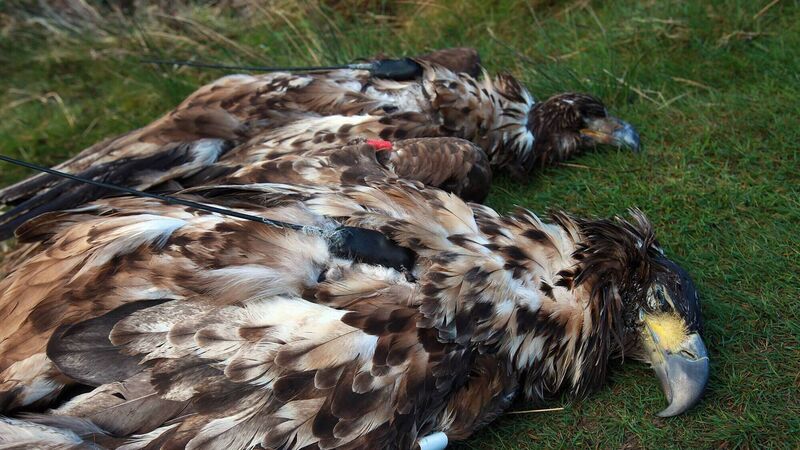Wildlife crime unit being examined as record number of protected birds of prey killed last year

An NPWS scheme detailing cases that have led to the death or injury of birds of prey in Ireland annually, recorded a total of 39 confirmed incidents in 2019. File Picture: Valerie O'Sullivan
The setting up and resourcing of a wildlife crime unit within the National Parks and Wildlife Service is being examined by the Department of Housing, Heritage, and Local Government.
Minister of State Malcolm Noonan has confirmed the move to build on what he described as the already good relationship the NPWS has with the gardaí.










